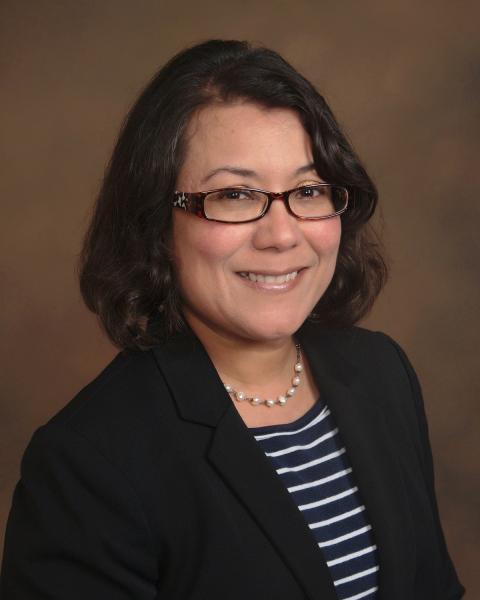- About Archives
- About SAA
- Careers
- Education
- Publications
- Advocacy
- Membership

Professional Experience: Curator of Latin American and Caribbean Special Collections, University of Florida, 2011–present. Assistant to the Curator of Special Collections, Tulane University, August 2002–May 2007. Instructor, Marymount School (Mexico), January 2009–July 2010. Instructor, Tulane University, August 2003–May 2005. Instructor, Saint Joseph Catholic Seminary (Mexico), January 1998–July 2000.
Education: PhD, Latin American Studies, Tulane University, 2015. MA, Latin American Studies, Tulane University, 2003. BA, Hispanic Language and Literature, National Autonomous University of Mexico (UNAM), 2000.
Professional Activities: Society of American Archivists: Member since 2012; Steering Committee, Latin American and Caribbean Cultural Heritage Archives Section (LACCHA), 2016–present, 2013–2014; Steering Committee, International Archival Affairs Section, 2016–present; Co-chair, Latin American and Caribbean Cultural Heritage Archives Roundtable (LACCHA), 2014–2016; Diversity Committee, Member, 2015–2016; Mentor, 2015–2016. Digital Library of the Caribbean (dLOC): Scholarly Advisory Board, Member, dLOC Archivist Coordinator, 2012–present; Sustainability Committee, Member, 2012–2015. American Historical Association: Member since 2004. Society of Florida Archivists: Member since 2012.
Question posed by Nominating Committee:
An essential component of the nomination and election process is identification of new leaders within SAA who embody the diversity of the archives profession. Describe what you believe to be the core responsibility of the members of the Nominating Committee, and outline your ideas for identifying the next generation of SAA leaders to ensure that new or distinctive voices and perspectives contribute to the future of the profession.
Candidate's Response:
The divisiveness of the last U.S. election cycle suggests that a multicultural reality is still challenging for U.S. society. In order to create a more inclusive world, one where difference is celebrated and not condemned, we need to accept and understand implicit bias, underrepresentation, discrimination, privilege, and the common history behind these issues. Because of the function, history, and modes of production of archives, I believe that archives are an ideal medium to bring about social change. Although many consider archives as objective, authentic, and transparent, others have pointed out the role of archives as elements of social control and political power. Power structures have used the production and preservation of records to construct a social memory that legitimizes and preserves the status quo, a status quo that marginalizes minorities. I believe that archivists and LIS professionals can and should contest the mainstream media’s symbolic annihilation, or the misrepresentation and lack of representation, of minorities. If minorities are better represented in US archives, this will in turn impact the representation of them in the mainstream media. A better representation might result in inclusiveness and understanding, and eventually, in a more diverse, more just society.
As a national LIS organization, the Society of American Archivists has a major role in overcoming underrepresentation of minorities in the United States. SAA has stepped up to this challenge through the organization of several initiatives, such as a Diversity Task Force, a Diversity Committee, a Diversity Award, the ARL/SAA Mosaic Program, the Mosaic Scholarship, a Working Group within Council, and, above all, the Strategic Plan 2014–2018, which highlights the significance of diversifying the profession as well as archives.
In selecting the future leaders of SAA, the Nominating Committee should ensure the inclusion of multicultural voices and perspectives. Fortunately, the committee does not have to reinvent the wheel; it can begin by identifying emerging leaders from the existing diversity initiatives and also from the different groups that make up SAA, such as sections. In doing so, the Nominating Committee should not only increase the number of underrepresented groups in the leadership, but also make certain that every leader is, for the most part, culturally competent. As a Nominating Committee member, I would like to consider potential leaders who have been involved in diversity initiatives, programs, or events at SAA and elsewhere.
Slate of Candidates |
The Nominating Committee has slated the following SAA members as candidates for office in the 2017 election: